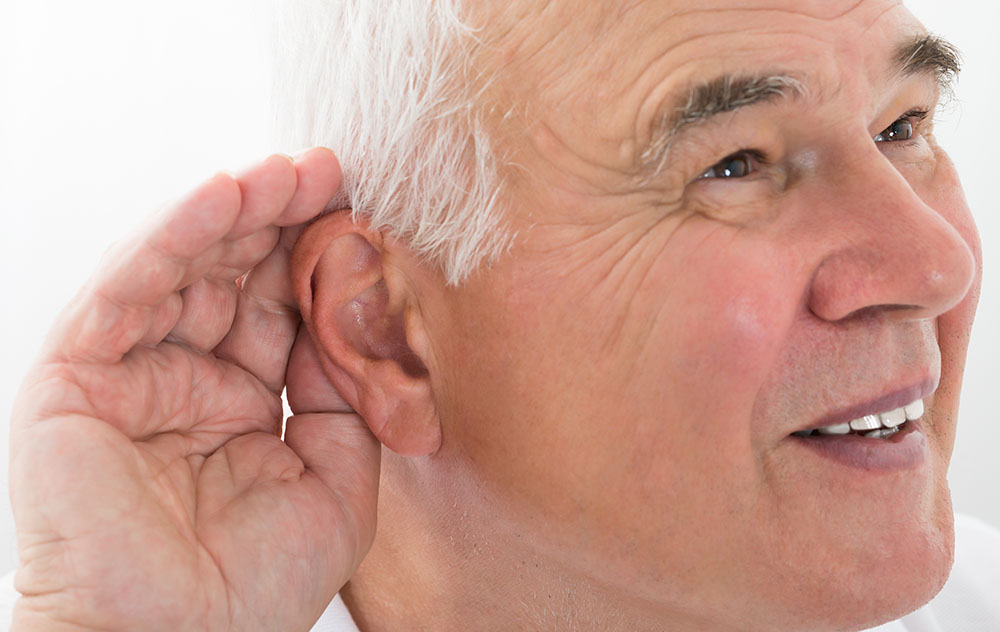How to Pair Your Hearing Aids with your iPhone
If you are one of the 30-million Americans over the age of 55 who has some


If you are one of the 30-million Americans over the age of 55 who has some

Some people are initially surprised to hear that their audiologist

The advances in hearing aid technology often need to be experienced to be